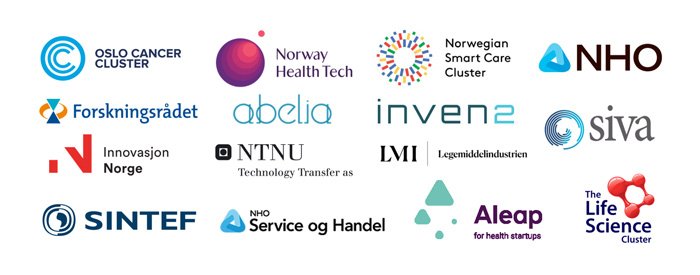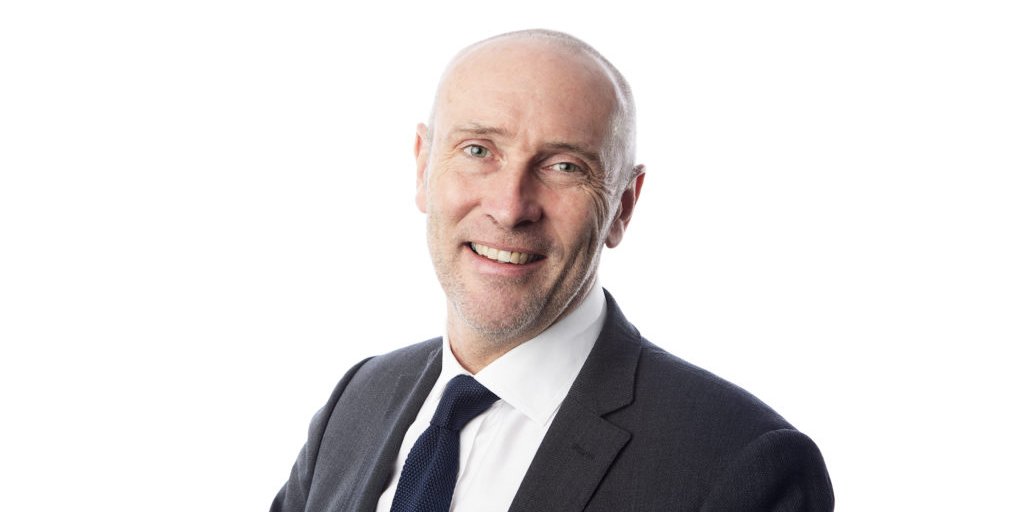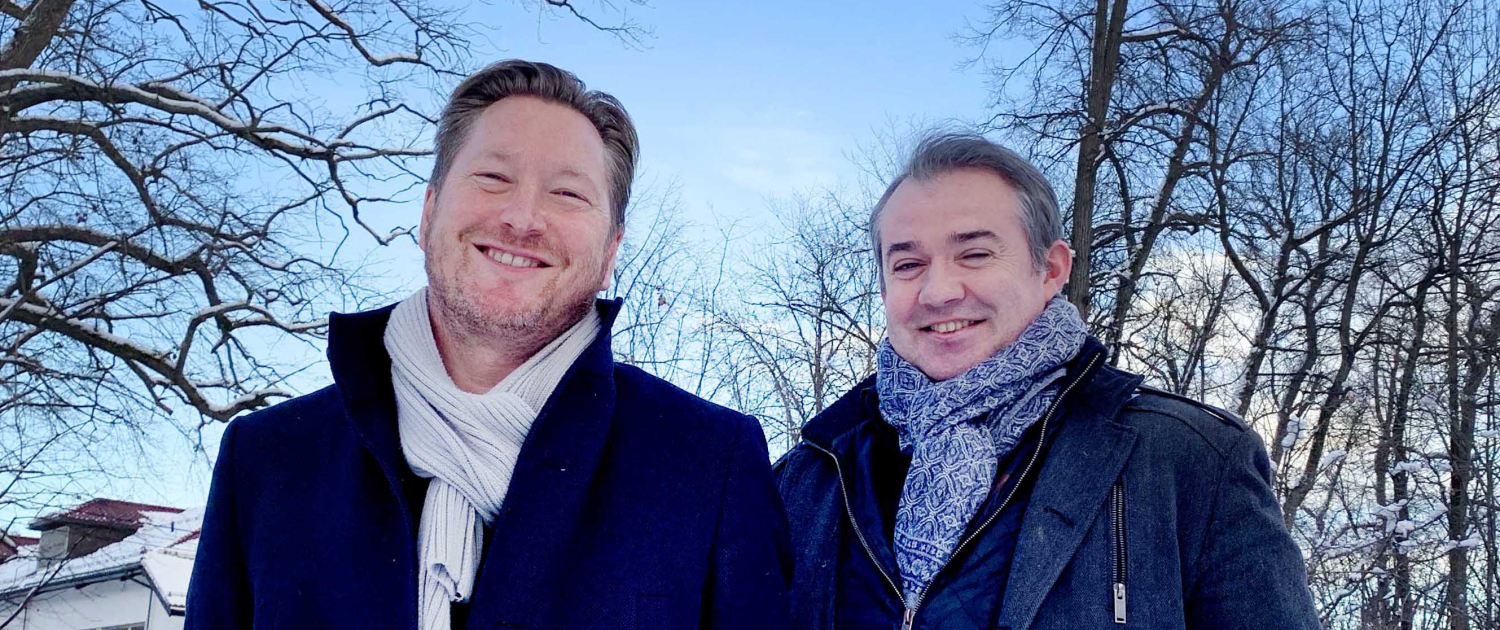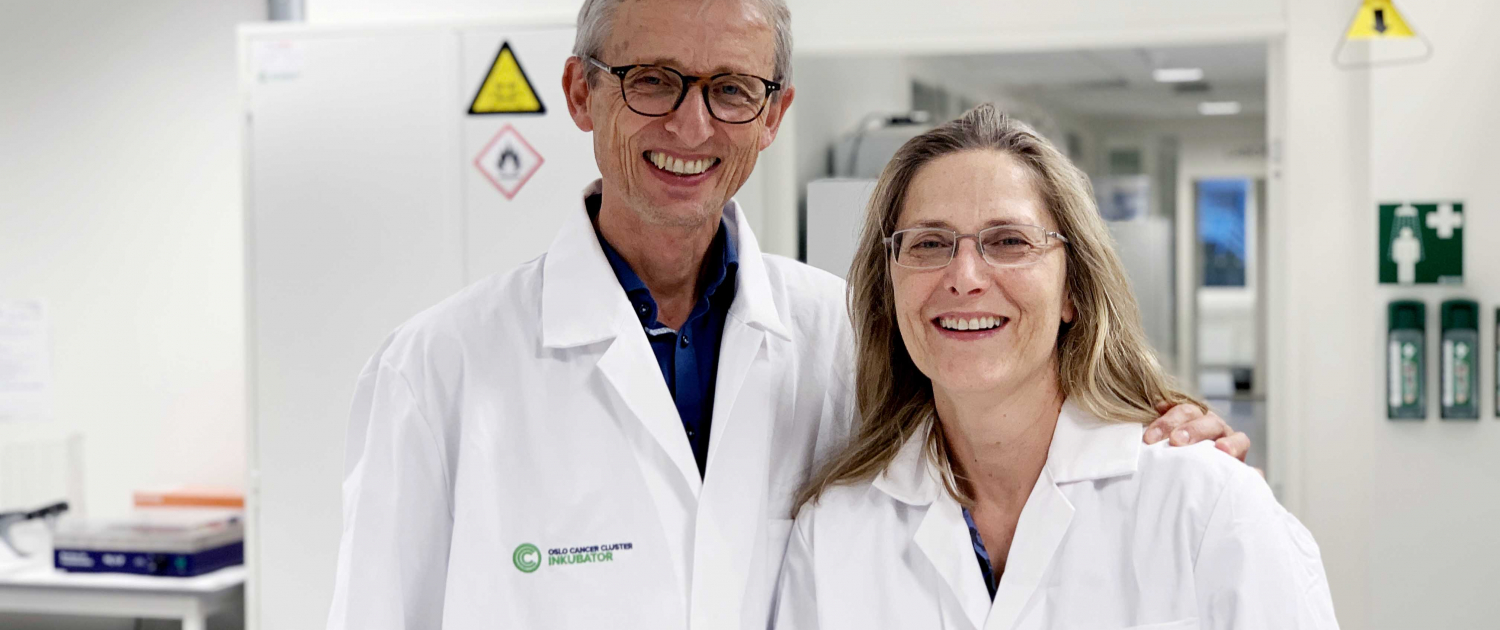Helsenæringens verdi 2020
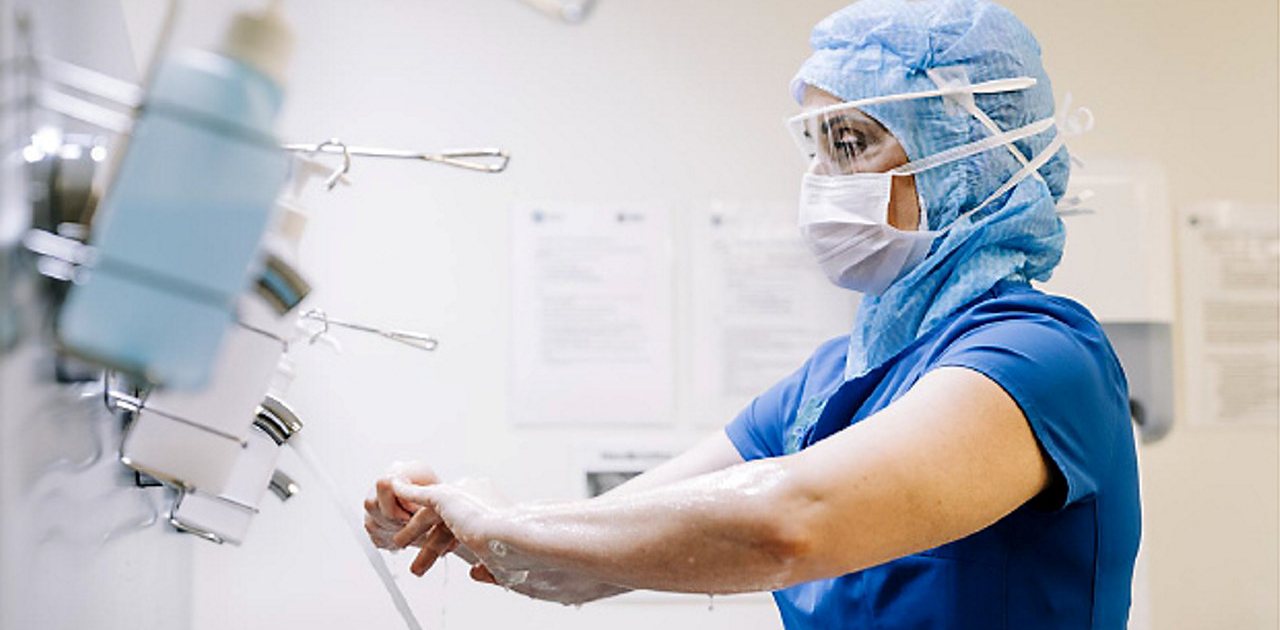
Helsenæringen er en dobbel mulighet for Norge: næringen kan løse mange av våre helse- og omsorgsutfordringer de neste tiårene og samtidig bli en av våre største næringer, med eksport til et globalt marked.
Den norske helsenæringen hadde en samlet omsetningsvekst på 4,7 prosent i 2018. Rapporten dokumenterer at denne veksten særlig var drevet av store selskaper i den norske helseindustrien. Bedriftene i alle bransjene i helsenæringen rapporterer om ytterligere vekst 2019, noe som resulterer i et vekstestimat for næringen som helhet på 6,2 prosent for 2019 – dette er høyere enn næringens gjennomsnittlige årlige vekst for de siste ti årene.
Bedriftene rapporterer samtidig om svært sterke forventninger til treårsperioden fra 2020 til 2022. Bedriftenes egne vekstprognoser for disse årene er imidlertid hentet inn før Koronakrisen utviklet seg til en global krise. Det er av den grunn svært høy usikkerhet knyttet til disse prognosene.
Koronakrisen er en «helsekrise». Dette gjør at krisen påvirker helsenæringen med en langt større variasjon mellom bransjer og segmenter enn for andre næringer. I rapporten redegjøres det både for segmenter i helsenæringen som aldri har opplevd høyere etterspørsel og aktivitet enn nå under Koronakrisen samt for bransjer og segmenter som har tilnærmet stoppet helt opp.
Den norske helsenæringen fremstår som godt forspent for videre vekst også i etterkant av Koronakrisen. Krisen har bidratt til å rette fokus på beredskap og innenlandsk produksjonskapasitet. En trend mot dette er ventet å styrke selskaper og produksjonsland som kan levere kvalitet, profesjonalitet og trygghet for leveranser, også i krisesituasjoner. Dette er en trend som bør kunne gagne Norge og norske helsebedrifter, både produsenter av legemidler eller medisinsk teknologi så vel som leverandører av helsetjenester.
Helsenæringens verdi 2020 dokumenterer at det er særlig er to ting bedriftene etterspør for å sikre videre vekst,
- Markedstilgang – bedriftene i helsenæringen, både industri- og behandlingsbedriftene, trekker frem tilgang til offentlige anbud og konkurranse på like vilkår som den største flaksehalsen for videre vekst. Det er særlig mindre bedrifter og selskaper med inntekter fra både inn- og utland som opplever tilgangen på offentlige anbud som dårlig.
- Skaleringskapital – det trekkes frem av et flertall av bedrifter at de savner støtteordninger som er innrettet mot skalering og internasjonalisering
Se lanseringen av Menon-rapporten
Les rapporten Helsenæringens Verdi 2020
Aktørene som står bak Menon-rapporten:

